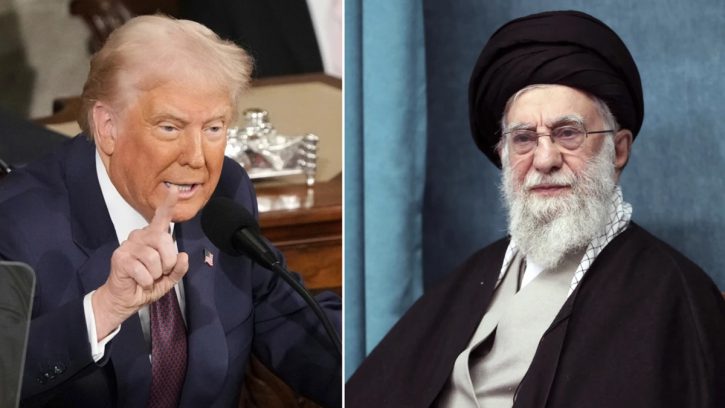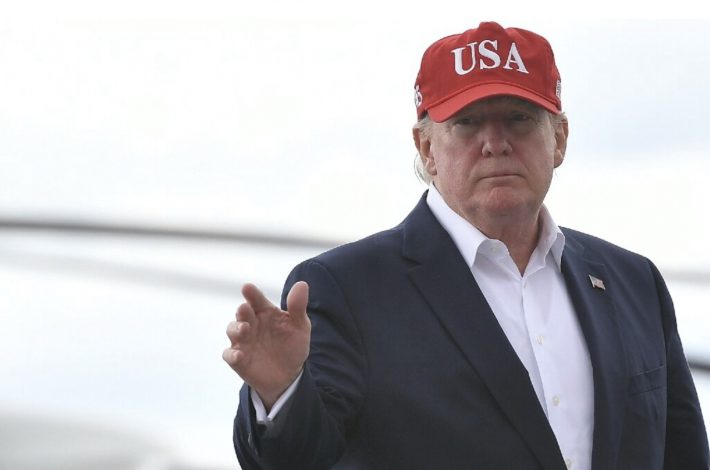Iran’s Supreme Leader says accepting US proposal to end Iran’s nuclear weapons program would violate the principle of Iranian independence, credits predecessor Khomeini for decline of US position in the world and rise of anti-Zionism.
Iranian Supreme Leader Ayatollah Ali Khamenei today (Wednesday) rejected American pressure and proposals to end its nuclear weapons program, calling such proposals a violation of the principle of Iranian independence.
“The leader of our revolution is a great man whose presence in the world is still tangible after thirty-odd years since his passing, and the impact of his revolution is clearly visible to people around the world,” Khamenei said at an event marking 36 years since the death of predecessor, the founder of the Islamic Republic, Ruhollah Khomeini.
“The sharp decline in America’s position in the world is due to his presence, and hatred of Zionists is due to his revolution,” he claimed.
“The Islamic Revolution of Iran surprised the Western world. They did not think that a single cleric, without equipment and financial resources, could lead a nation into battle,” Khamenei added. “They did not believe that this revolution and this Imam would be able to sweep away the Americans and the Zionists, who had dominated everything in Iran for years, and would be able to expel them from the country.”
Addressing the negotiations with the US on Iran’s development of nuclear weapons, he stated that Iran rejects the latest proposal from the Trump Administration because it “contradicts our principle of power by one hundred percent.”
“It goes against the slogan ‘we can’, which is an important principle in our country’s independence,” he added.
Addressing US President Donald Trump, he asked, “Who are you to tell us whether we can have a nuclear program or not? We will not give up the ability to enrich uranium.”
The American proposal submitted to Iran by US Special Envoy Steve Witkoff on Saturday outlines a nuclear deal predicated on the creation of a regional uranium enrichment consortium under specific conditions. Under the terms of the proposal, Iran would be restricted from developing domestic enrichment capabilities beyond those necessary for civilian applications. Following the signing of an agreement, Iran would be required to temporarily reduce its enrichment concentration to three percent, with the duration of this period to be determined through negotiations. Furthermore, Iran’s underground enrichment facilities would need to become “non-operational” for an agreed-upon timeframe, while enrichment activities at its above-ground facilities would be temporarily limited to the level required for nuclear reactor fuel.





